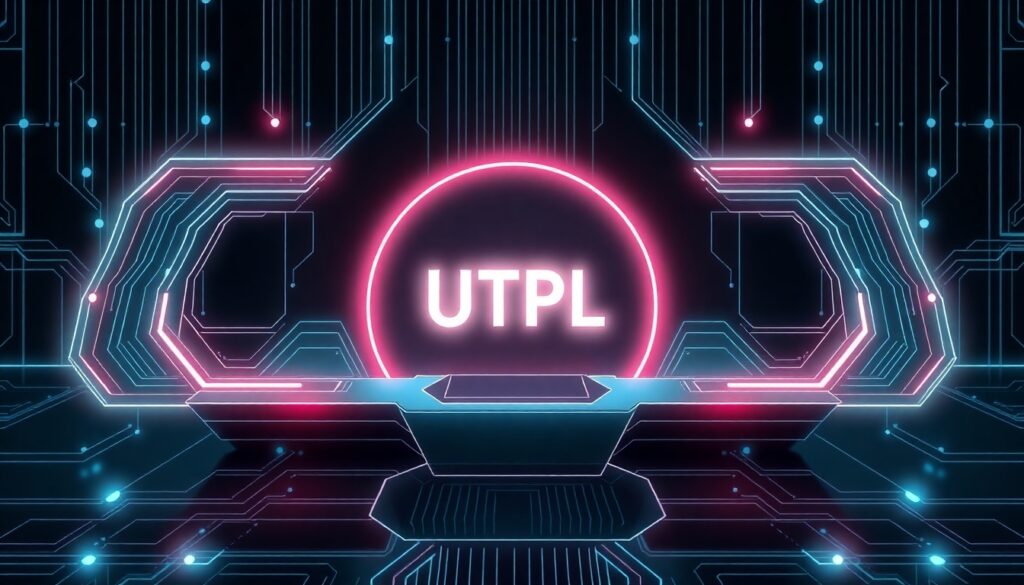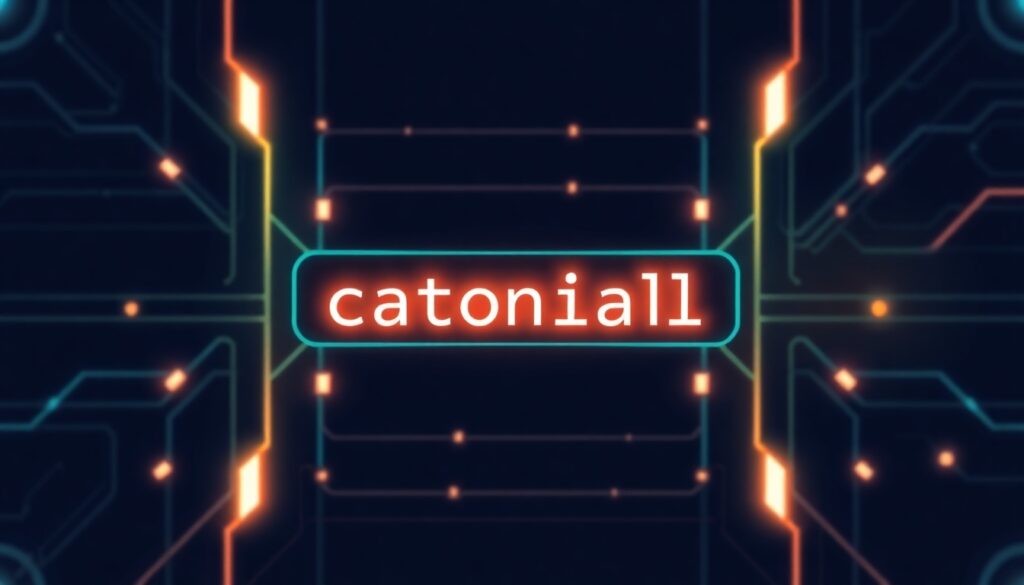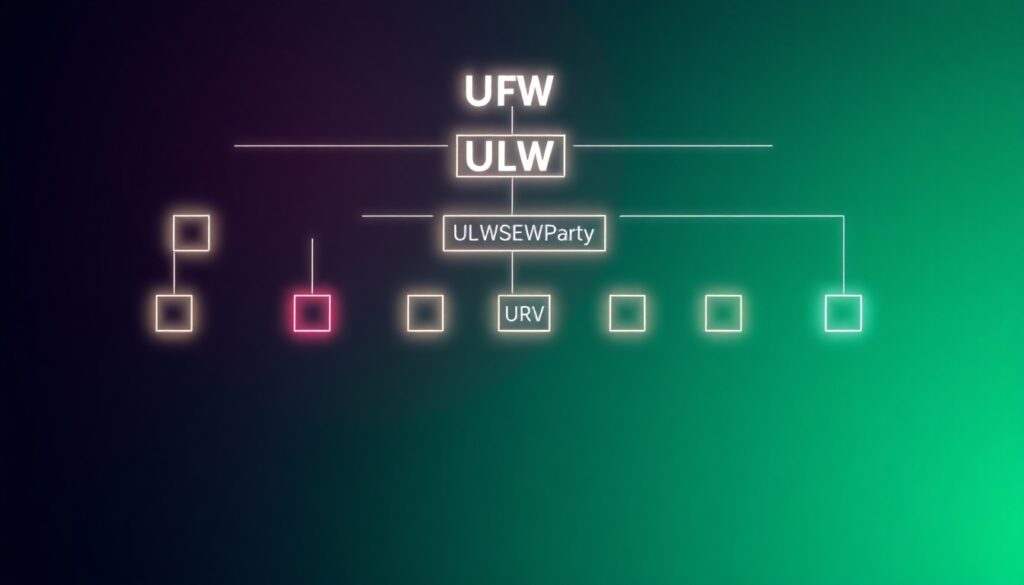Without a doubt, in SEO, canonical URLs emerge as invisible guardians that protect websites from the dreaded duplicate content.

At first glance, they may seem like just a line of code in a page’s structure, but their impact is deep and extensive. By consolidating page authority and guiding search engines to the preferred version of content, these tags not only optimize crawling and indexing but also enhance the site’s visibility and performance in search results.
For SEO specialists, understanding and correctly applying canonical URLs is not just an option but a strategic necessity to stay relevant and competitive in today’s digital environment.
Fundamentals of Canonical URLs

In the realm of SEO, canonical URLs are an essential tool for managing duplicate content on a website. These HTML tags indicate to search engines which is the preferred version of a web page when multiple variants of the same content exist.
They are implemented using the rel=”canonical” attribute in a web page’s header, which helps avoid confusion and ensures that search engines direct both traffic and link authority to the correct URL.
For more information about the importance of canonical URLs in SEO and how to implement them correctly, consult specialized resources.
Implementing canonical URLs correctly is crucial for maintaining good SEO health.
By specifying the main URL, crawling efficiency is improved, duplicate content penalties are avoided, and search engines are ensured to show the most relevant content in search results.
Key Benefits for Website Positioning
Duplicate Content Prevention

Canonical URLs are fundamental in preventing duplicate content. When a website presents multiple pages with similar or identical content, search engines may divide the SEO value among these pages.
However, by using canonical URLs, signals from these pages are consolidated into a single preferred URL, which prevents SEO value dilution and improves content indexing. This ensures that only the canonical version of the page receives traffic and link value, resulting in better performance in search results.
Crawling and Indexing Optimization

In extensive websites with similar content across multiple pages, canonical URLs are essential for optimizing crawling and indexing.
By clearly indicating the main version of a page, search engines can crawl and index the site more efficiently.
This not only saves search engine resources but also improves the site’s visibility in search results, as canonical pages are more likely to be correctly indexed and shown to users.
SEO Authority Concentration

Canonical URLs play a crucial role in concentrating SEO authority. By centralizing ranking signals to a single URL, its positioning in search results is enhanced, maximizing the main page’s visibility.
This ensures that all link authority and user signals are directed to the preferred version of the page, improving the site’s performance in search engines and offering a more consistent and satisfactory user experience.
Effective Implementation Strategies
- Correct application of the rel=‘canonical’ attribute: Include the attribute in the HTML code of the page to indicate the canonical URL.
- Strategic use of 301 redirects: Use 301 redirects to drive traffic and SEO value to the preferred version of a page.
Correct Application of rel=”canonical” Attribute

Implementing the rel=”canonical” attribute correctly is essential for canonical URLs to function as expected. The most common use is to include the attribute in the section of the HTML code:
This code should point to the URL that you want search engines to consider as the canonical version. It’s important to verify that there are no errors in the implementation, as an incorrect canonical link can cause indexing problems.
Strategic Use of 301 Redirects

301 redirects can complement canonical tags, especially when there’s a need to direct traffic and SEO value toward a preferred version of a page. This strategy is useful for consolidating domain authority and improving user experience, ensuring that all links and traffic point to the correct URL.
301 redirects are permanent and transfer 90-99% of link value to the new URL, making them a valuable resource in managing duplicate content.
Best Practices and Advanced Considerations
Optimized URL Architecture

Developing a clear and hierarchical URL structure is fundamental to improving the effectiveness of canonical tags and the site’s overall indexing. Good URL architecture facilitates search engines’ understanding of the site and simplifies navigation for users.
This not only improves user experience but also helps search engines crawl and index content more effectively, improving the site’s performance in search results.
Continuous Monitoring and Auditing

Implementing a continuous monitoring and auditing system is essential for detecting and correcting errors in canonical URL implementation. Specialized SEO auditing tools can identify issues such as incorrect or conflicting canonical tags, allowing for timely adjustments.
For more details, you can consult how SEO auditing tools can improve canonical URL implementation.
How Can SEO Auditing Tools Improve Canonical URL Implementation?
SEO auditing tools are vital for improving canonical URL implementation. These tools help identify configuration issues, such as broken or misconfigured canonical tags, ensuring that all pages are correctly optimized.
Additionally, they facilitate continuous monitoring of the site’s status, providing alerts about potential conflicts or errors that may arise over time.
Comprehensive Team Training

Training all team members involved in the website’s development and maintenance is crucial for ensuring a cohesive and effective long-term SEO strategy. Training should include both the importance of canonical URLs and the correct implementation of these tags.
A well-trained team can quickly identify and correct problems, maintaining the website in optimal condition and ensuring that content is indexed correctly.
Long-term Impact on SEO Strategy
| Impact | Description |
| Improved crawling efficiency | Consolidation of page authority and clarification of site structure for search engines |
| Solid foundation for SEO growth | Implementation of canonical URLs as a crucial component of a robust and effective SEO strategy |
Proper implementation of canonical URLs not only solves immediate duplicate content problems but also establishes a solid foundation for sustainable growth of the site’s SEO.
By improving crawling efficiency, consolidating page authority, and clarifying site structure for search engines, canonical URLs become a crucial component of a robust and effective long-term SEO strategy.
In conclusion, canonical URLs are a powerful tool in search engine optimization.
Their correct implementation can significantly improve a website’s performance, ensuring that only the most relevant and valuable content is indexed and shown to users.
Adopting these practices will not only prevent duplicate content issues but also enhance the site’s authority and visibility in search results. Website owners are recommended to review their current use of canonical URLs and consider the discussed strategies to improve their SEO efforts.
